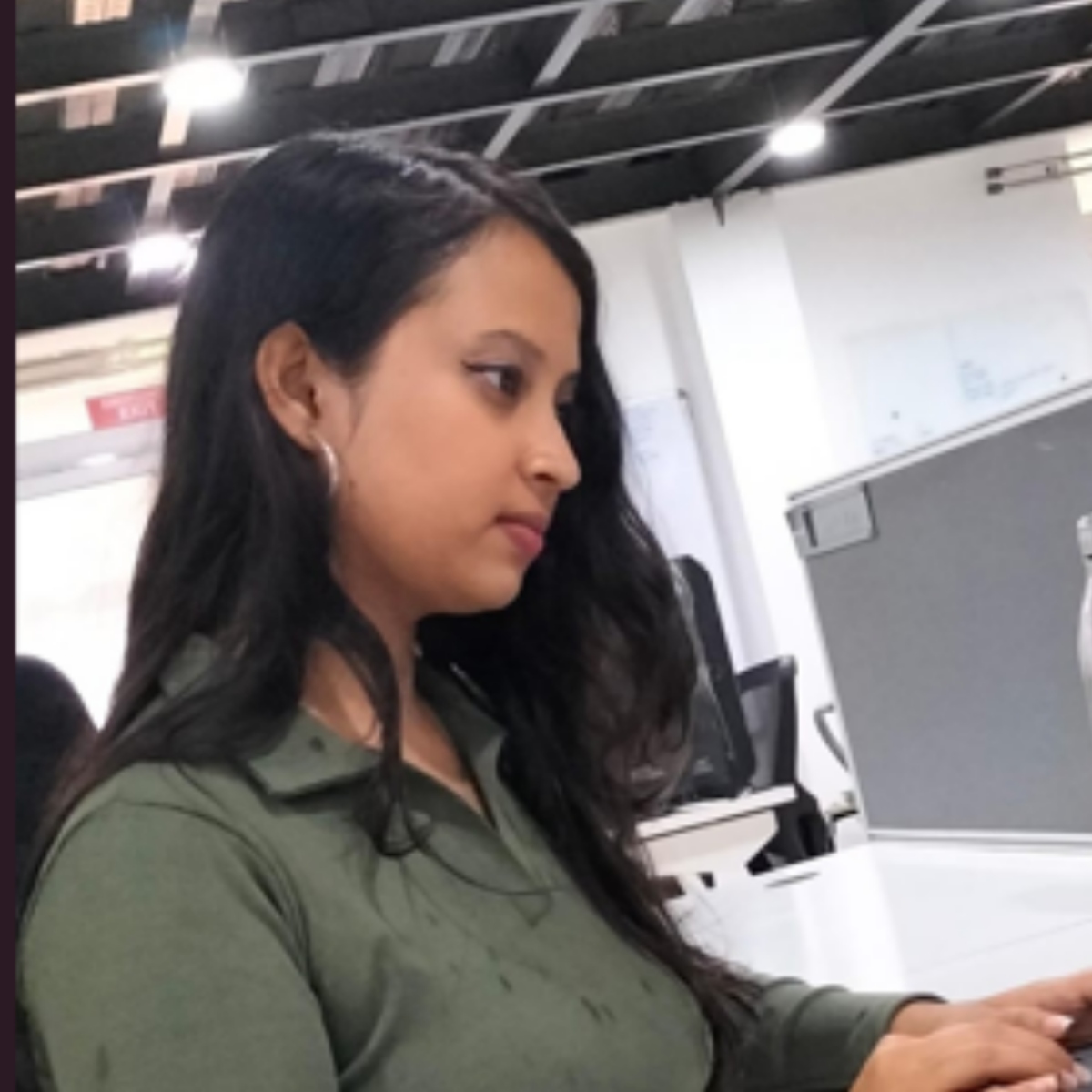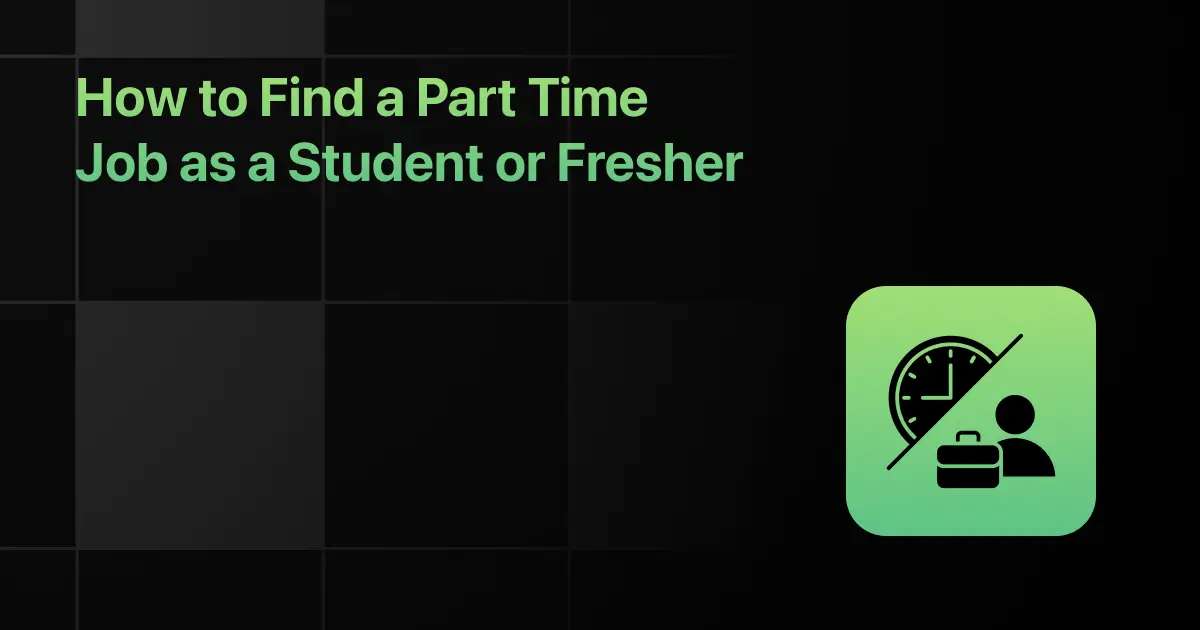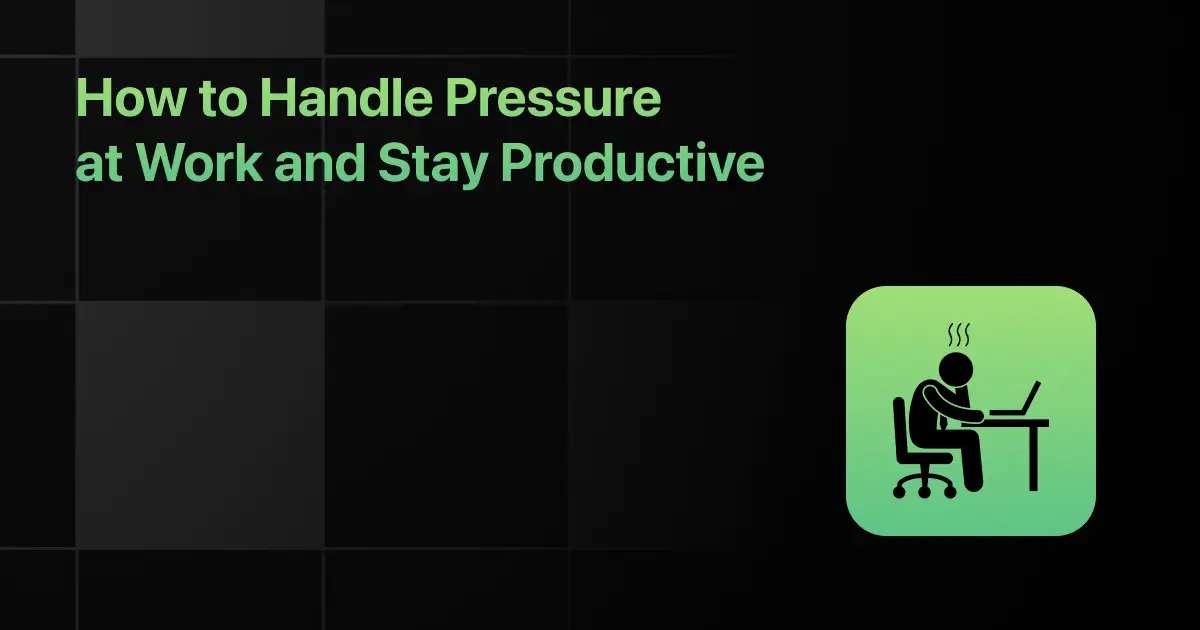Important Topics to Prepare for Campus Placements – 2025 Guide
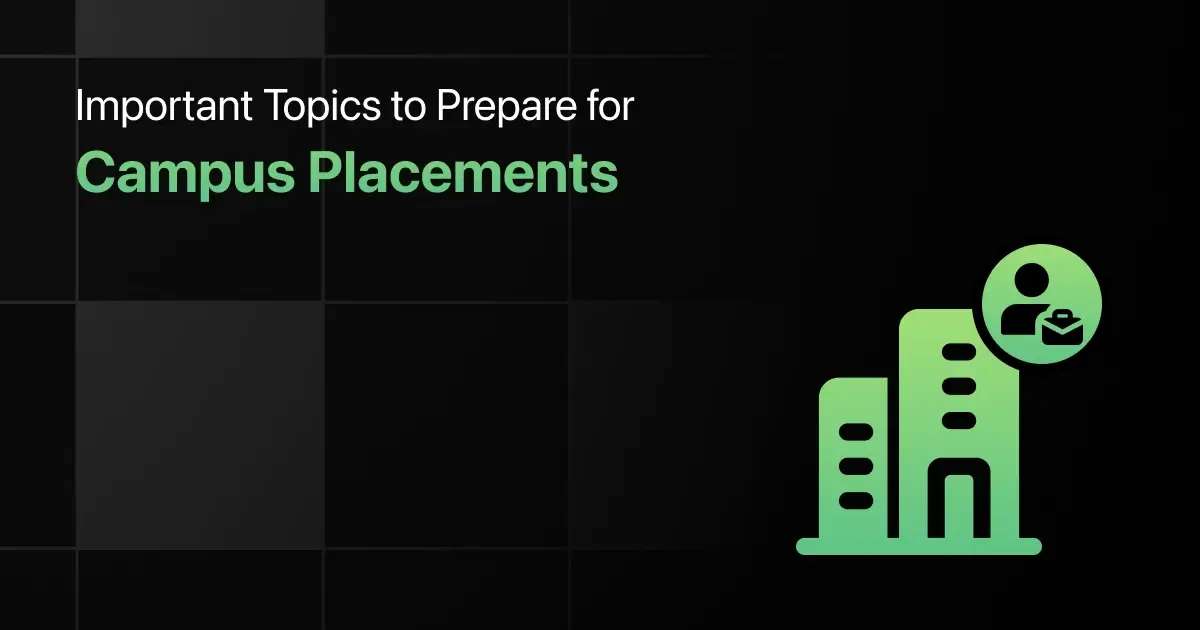
Your parents always said, “Work hard for exams,” and now that advice feels real again with placements looming.
The smart move is focusing on the important topics to prepare for campus placements: coding, OS, data structures, reasoning, and aptitude are the areas that matter most.
This guide provides a practical roadmap for what to study, how to practice, and how to approach and prepare effectively, with tips, practice resources, and hacks, so you can secure your own top offers instead of regretting lost time. You’ll focus on what matters most, impress your parents, and ace your placement rounds without overloading yourself.
Campus Placement Topic Breakdown
| Category | Key Skills Tested | Average Difficulty | Weightage in Exams | Example Companies |
|---|---|---|---|---|
| Quantitative Aptitude | Calculation speed, logical thinking, and problem-solving | Moderate | 20–25% | Infosys, TCS, Accenture |
| Logical Reasoning | Analytical reasoning, pattern recognition, deduction | Moderate–High | 15–20% | Wipro, Cognizant, Capgemini |
| Verbal Ability | Grammar, vocabulary, comprehension, communication | Easy–Moderate | 15% | Infosys, IBM, HCL |
| Technical / Coding | Data structures, algorithms, programming, and OS concepts | Moderate–High | 40–50% | Google, Microsoft, Amazon, Zoho |
| Soft Skills / HR | Communication, problem-solving, personality, and confidence | Easy–Moderate | 5–10% | All companies (final round) |
Must-Study Topics For Campus Placements
Category 1: Top Quantitative Aptitude Topics for Campus Placements
Math might not be your favourite subject, but somehow you need to find a way to get a job by solving quantitative aptitude. Here’s what matters most:
- Key Skills Tested: Quick calculation, logic, analytical thinking
- Average Difficulty: Moderate
- Question Type: Word problems, formulas, shortcuts
- Weightage in Exams: 20-25%
- Time Required to Prepare: 2-4 weeks
- Example Companies: TCS, Infosys, Accenture
1. Time and Work Problems
Time and Work problems are all about figuring out efficiency, combined work, and rate calculations.
- Key Factors: Accuracy, speed, concept clarity
- Difficulty Level: Moderate
- Weightage Percentage: 8-10%
- Where to Learn: PlacementPreparation.io
- Practice Link: Mock Questions
Sample Question: Time and Work
Problem: A can complete a task in 12 days and B in 16 days. If they work together, how long will it take to finish the task?
Solution Approach: Use the work formula: Work done per day = 1/12 + 1/16 = 7/48 → Total days = 48/7 ≈ 6.86 days
Answer: ≈ 6 days 21 hours
2. Probability
Probability questions test your analytical thinking and formula application with single, combined events,and conditional probability.
- Key Factors: Analytical skills, formula knowledge
- Difficulty Level: Moderate
- Weightage Percentage: 5-7%
- Where to Learn: PlacementPreparation.io
- Practice Link: Mock Questions
3. Mensuration
Mensuration covers areas, volumes, and surface areas of 2D/3D shapes. Memorize formulas and practice timed questions.
- Key Factors: Concept clarity, speed, accuracy
- Difficulty Level: Easy to Moderate
- Weightage Percentage: 5%
- Where to Learn: PlacementPreparation.io
- Practice Link: Mock Questions
4. Percentages, Profit & Loss
Questions on percentages, profit, loss, and discount are frequently asked. Practice real-time calculation to save time during exams.
- Key Factors: Accuracy, speed, basic arithmetic
- Difficulty Level: Easy
- Weightage Percentage: 5-8%
- Where to Learn: PlacementPreparation.io
- Practice Link: Mock Questions
Sample Question: Percentages
Problem: A product’s price increases from ₹500 to ₹600. What is the percentage increase?
Solution Approach: Increase = 600-500 = 100 → Percentage increase = (100/500)*100 = 20%
Answer: 20%
5. Simple & Compound Interest
Interest calculations appear often in aptitude rounds. Understand formulas, shortcut techniques, and real-life applications.
- Key Factors: Formula application, speed, concept clarity
- Difficulty Level: Easy to Moderate
- Weightage Percentage: 4–6%
- Where to Learn: PlacementPreparation.io
- Practice Link: Mock Questions
Category 2: Logical Reasoning Questions for Placement Tests
Logical reasoning is like your brain’s gym. Fast thinking, pattern spotting, and deduction can save minutes in placement tests.
- Key Skills Tested: Analytical thinking, pattern recognition, deduction, problem-solving
- Average Difficulty: Moderate to High
- Question Type: Puzzles, seating arrangements, syllogisms, blood relations, series
- Weightage in Exams: 15–20%
- Time Required to Prepare: 2–3 weeks (with daily practice)
- Example Companies: Wipro, Cognizant, Capgemini, TCS
1. Seating Arrangements
Seating arrangement problems test your ability to organize information logically, that includes linear, circular, and complex arrangements.
- Key Factors: Observation, deduction, speed
- Difficulty Level: Moderate to High
- Weightage Percentage: 8–10%
- Where to Learn: PlacementPreparation.io
- Practice Link: Mock Questions
2. Syllogism
Syllogism questions test your ability to draw logical conclusions from statements, and practice using Venn diagrams.
- Key Factors: Analytical thinking, diagramming, speed
- Difficulty Level: Easy to Moderate
- Weightage Percentage: 5%
- Where to Learn: PlacementPreparation.io
- Practice Link: Mock Questions
3. Blood Relations
Blood relation problems assess your ability to determine family relationships quickly. Practice drawing family trees.
- Key Factors: Observation, deduction, accuracy
- Difficulty Level: Easy
- Weightage Percentage: 3–5%
- Where to Learn: PlacementPreparation.io
- Practice Link: Mock Questions
4. Odd Man Out Reasoning
It is to test your ability to identify patterns, eliminate the option that doesn’t fit, and evaluate your observation skills, pattern recognition, and reasoning speed.
- Key Factors: Pattern recognition, logical thinking, analytical reasoning
- Difficulty Level: Easy to Moderate
- Weightage Percentage: 3–5%
- Where to Learn: Placementpreparation.io
- Practice Link: Mock Questions
5. Series & Patterns
Number, alphabet, and mixed series test your pattern recognition and logical reasoning speed.
- Key Factors: Observation, pattern spotting, calculation speed
- Difficulty Level: Moderate
- Weightage Percentage: 5–7%
- Where to Learn: PlacementPreparation.io
- Practice Link: Mock Questions
Sample Question: Series & Patterns
Problem: Find the next number: 2, 6, 12, 20, 30, ?
Solution Approach: Differences: 4, 6, 8, 10… next difference = 12 → Next number = 30+12 = 42
Answer: 42
Category 3: Verbal Ability Topics for Interview Placement Preparation
Verbal ability helps you speak confidently, interpret questions correctly, and avoid silly mistakes that cost marks.
- Key Skills Tested: Grammar accuracy, vocabulary usage, reading comprehension, communication skills
- Average Difficulty: Easy to Moderate
- Question Type: MCQs, comprehension passages, error correction, fill-in-the-blanks
- Weightage in Exams: 15%
- Time Required to Prepare: 1–2 weeks (30–45 mins daily practice)
- Example Companies: Infosys, IBM, HCL, Wipro
1. Reading Comprehension
Reading Comprehension (RC) tests your ability to read, understand, and analyze a passage quickly if you learn to scan, skim, and extract key points effectively.
- Key Factors: Comprehension, time management, inference
- Difficulty Level: Moderate
- Weightage Percentage: 10–12%
- Where to Learn: PlacementPreparation.io
- Practice Link: Mock Questions
2. Grammar & Sentence Correction
Checks grammar fundamentals such as tenses, subject-verb agreement, articles, and prepositions. It helps avoid minor errors.
- Key Factors: Grammar rules, accuracy, clarity
- Difficulty Level: Easy to Moderate
- Weightage Percentage: 5–8%
- Where to Learn: PlacementPreparation.io
- Practice Link: Mock Questions
3. Vocabulary(Synonyms and Antonyms)
Vocabulary-based questions check your word power and understanding of meanings in context.
- Key Factors: Word usage, memorization, contextual understanding
- Difficulty Level: Easy
- Weightage Percentage: 5%
- Where to Learn: PlacementPreparation.io – Synonyms and Antonyms
- Practice Link: Mock Questions for Synonyms and Antonyms
Sample Question: Vocabulary (Synonyms)
Problem: Choose the synonym of “Abundant”
Options: Scarce, Plentiful, Rare, Minimal
Answer: Plentiful
4. Para Jumbles & Sentence Arrangement
Test your ability to form meaningful paragraphs by logically sequencing jumbled sentences. Understanding connectors, flow, and context is key here.
- Key Factors: Logical flow, sentence connectors, comprehension
- Difficulty Level: Moderate
- Weightage Percentage: 4–6%
- Where to Learn: PlacementPreparation.io
- Practice Link: Mock Questions
5. Error Spotting
Error spotting checks whether you can identify grammar mistakes in a sentence. It tests tenses, articles, prepositions, modifiers, and subject-verb agreement.
- Key Factors: Grammar rules, attention to detail, accuracy
- Difficulty Level: Easy
- Weightage Percentage: 3–5%
- Where to Learn: PlacementPreparation.io
- Practice Link: Mock Questions
Category 4: Technical & Coding Skills Placement Topics
Tech interviews aren’t just for hardcore coders anymore. From DSA to AI basics and Git, this section will guide you through what to learn, practice, and master.
Key Skills Tested: Problem-solving with DSA, Database queries and management, Object-oriented thinking, Version control & collaboration & Awareness of AI & LLM fundamentals
- Average Difficulty: Moderate to High
- Question Type: MCQs, coding rounds, debugging, output prediction, AI scenario-based questions
- Weightage in Exams: 40–50% (for CS/IT + tech-related placements)
- Time Required to Prepare: 8–12 weeks (daily 1–2 hours focused prep)
- Example Companies: TCS, Infosys, Wipro, Accenture, Google, Amazon, Zoho, Nvidia
1. Data Structures & Algorithms (DSA)
DSA is the backbone of coding interviews; it is essential to solve coding problems efficiently with arrays, linked lists, stacks, queues, trees, graphs, and hashing.
- Key Factors: Problem-solving, logic building, speed, memory optimization
- Difficulty Level: Moderate to High
- Weightage Percentage: 15–20%
- Where to Learn: Resources to learn DSA
- Practice Link: Top DSA Interview Questions for Freshers
Sample Question: DSA – Arrays
Problem: Find the maximum sum subarray of size 3 in [2, 1, 5, 1, 3, 2]
Solution Approach: Sliding window: Sum first 3 → 2+1+5=8, next 1+5+1=7, next 5+1+3=9, next 1+3+2=6 → Max sum = 9
2. Database Management Systems (DBMS) + SQL
DBMS questions test your understanding of data organization and query handling. SQL queries, normalization, joins, and transactions are common.
- Key Factors: Query writing, relational concepts, problem-solving
- Difficulty Level: Moderate
- Weightage Percentage: 8–10%
- Where to Learn: How to Prepare for DBMS Interview
- Practice Link: Top DBMS Interview Questions for Freshers
3. Object-Oriented Programming (OOP)
OOP questions check your grasp of concepts like classes, objects, inheritance, polymorphism, and encapsulation.
- Key Factors: Concept clarity, code implementation, design thinking
- Difficulty Level: Moderate
- Weightage Percentage: 5–7%
- Where to Learn: PlacementPreparation.io
- Practice Link: OOPs Multiple Choice Questions (MCQs) and Answers
4. AI & LLM Fundamentals for Placements
Modern recruiters love candidates aware of AI trends, the basics of LLMs, AI tools, and integration with software projects.
- Key Factors: Awareness, conceptual understanding, practical examples
- Difficulty Level: Easy–Moderate
- Weightage Percentage: 3–5%
- Where to Learn: Best Websites to Learn AI and Machine Learning
- Practice Link: AI Mock Questions
5. Programming Languages to Pick (C/C++/Java/Python)
Most placements focus on one or two languages. Python is great for AI/ML-related roles, Java for object-oriented concepts, and C++ for competitive coding.
- Key Factors: Syntax, standard libraries, problem-solving, and debugging
- Difficulty Level: Easy to Moderate
- Weightage Percentage: 5–7%
- Where to Learn: Best Programming Languages for Beginners
- Practice Link: Mock Questions
Category 5: Soft Skills/ HR Placement Training Topics
Soft skills are about communication, confidence, and presenting your best self. HR and soft skills ensure you stand out, even if your technical score is average.
Key Skills Tested: Communication & articulation, Confidence & body language, Problem-solving & decision-making, Teamwork & collaboration and Situational judgment
- Average Difficulty: Easy to Moderate
- Question Type: HR interviews, group discussions, behavioral questions, situational judgment tests
- Weightage in Exams: 5–10%
- Time Required to Prepare: 2–3 weeks (daily 30–45 mins practice)
- Example Companies: All companies (TCS, Infosys, Wipro, Google, Amazon, product-based startups)
1. Communication Skills
Clear and confident communication is your first impression. Work on tone, clarity, and conciseness. Explaining simple concepts clearly can impress recruiters.
- Key Factors: Clarity, articulation, confidence
- Difficulty Level: Easy
- Weightage Percentage: 2–3%
- Where to Learn: How to Improve Communication Skills for College Students
- Practice Link: Mock Communication Exercises
2. Body Language & Confidence
Your body speaks before words. Maintain eye contact, sit confidently, and avoid fidgeting. Recruiters pick up on self-assurance instantly.
- Key Factors: Posture, gestures, eye contact
- Difficulty Level: Easy
- Weightage Percentage: 1–2%
- Where to Learn: 9 Tips for a Successful Panel Interview You Can’t Miss
- Practice Link: Mock HR Videos
3. Behavioral Questions (STAR Method)
Behavioral questions test your past experiences. Using the STAR (Situation, Task, Action, Result) method keeps your answers structured, concise, and impactful.
- Key Factors: Storytelling, relevance, clarity
- Difficulty Level: Easy to Moderate
- Weightage Percentage: 2–3%
- Where to Learn: STAR method for your next behavioral interview (worksheet included)
- Practice Link: Behavioral Question Bank
Sample Question: STAR Method Example
Problem: Describe a time you solved a team conflict.
Solution Approach:
Situation: The Team missed a project deadline.
Task: Assigned to mediate between two members.
Action: Scheduled discussion, clarified responsibilities
Result: Project completed on time, team harmony improved.
4. Teamwork & Collaboration
Team skills are essential for group tasks, GDs, and real-world projects. Recruiters look for adaptability, collaboration, and your ability to manage conflicts gracefully.
- Key Factors: Cooperation, conflict management, contribution
- Difficulty Level: Easy to Moderate
- Weightage Percentage: 1–2%
- Where to Learn: Top Skills Required To Crack Campus Placement Interviews
- Practice Link: How to prepare for GD
5. Situational Judgment
Situational questions assess how you respond to real workplace challenges. Think ethically, logically, and demonstrate solution orientation rather than just opinion-sharing.
- Key Factors: Critical thinking, ethics, decision-making
- Difficulty Level: Moderate
- Weightage Percentage: 1–2%
- Where to Learn: PlacementPreparation.io
- Practice Link: Mock Questions
Additional Tips to Prepare for Placements
Placements are basically your “level-up” mission. Don’t just grind randomly, prep smart, track progress, and flex your skills confidently.
- Important topics? Aptitude, reasoning, verbal, technical skills (DSA, DBMS, OS, OOP, AI), and soft skills/HR.
- Effective schedule? Daily structured sessions with weekly mocks & revision.
- Key aptitude? Number systems, percentages, TSD, probability, DI.
- Logical reasoning? Puzzles, seating arrangements, series/patterns, syllogisms.
- Verbal skills? Reading comprehension, grammar, para jumbles, vocabulary.
- Technical focus? DSA, DBMS, OS, OOP, Git/GitHub, AI/LLM basics, programming languages.
- Soft Skills Practice? Body language, articulation, and STAR method answers matter.
- Start early? Begin 3–6 months before placements.
- Mistakes to avoid? Neglecting high-weightage topics, skipping mocks, ignoring soft skills, and procrastination.
Sample Weekly Preparation Schedule
| Day | Topic | Duration |
|---|---|---|
| Mon | Quant + Reasoning | 2 hrs |
| Tue | Technical (DSA/DBMS) | 1.5 hrs |
| Wed | Verbal + Soft Skills | 1 hr |
| Thur | Technical (Coding) | 2 hrs |
| Fri | Aptitude + Reasoning | 2 hrs |
| Sat | Mock Test + Revision | 2 - 3 hrs |
| Sun | Relax & Analyze Weak Areas | 1 hr |
Final Words
Success in placements comes from structured preparation and consistent effort. By focusing on the important topics to prepare for campus placements, you’re covering technical knowledge, soft skills, reasoning, and real-world problem-solving.
Prepare today with placement practice resources and company-specific preparation pages on PlacementPreparation.io. These curated sections provide:
- Mock tests
- MCQs
- Interview experiences
- Topic-wise drills
All designed to help you crack every stage of your placement journey efficiently.
FAQs
Aptitude, reasoning, verbal, technical skills (DSA, DBMS, OOP, OS, Git, AI), and soft skills/HR.
Divide prep into daily sprints: aptitude 1–2 hours, technical 1 hour, soft skills 30–45 mins. Mix mock tests, practice questions, and revision, tracking progress weekly.
Key topics: number systems, percentages, ratio & proportion, time-speed-distance, probability, and data interpretation. Practice consistently with topic-wise exercises or mock tests.
Focus on puzzles, seating arrangements, syllogisms, blood relations, and series/patterns. These build problem-solving speed and pattern recognition.
Important topics: reading comprehension, grammar & sentence correction, vocabulary, para jumbles, and error spotting. Strong verbal skills improve confidence in interviews and GDs.
High-priority topics: DSA, DBMS, OS, OOP, Git/GitHub, AI/LLM basics, and programming languages like Python, Java, or C++. These are key for most companies.
Start 3–6 months in advance to cover high-weightage topics, attempt mock tests, and revise multiple times without last-minute panic.
- Ignoring high-weightage topics
- Overloading content without practice
- Neglecting soft skills/HR prep
- Procrastinating or skipping revisions
- Not analyzing mock test results to improve weak areas
Related Posts
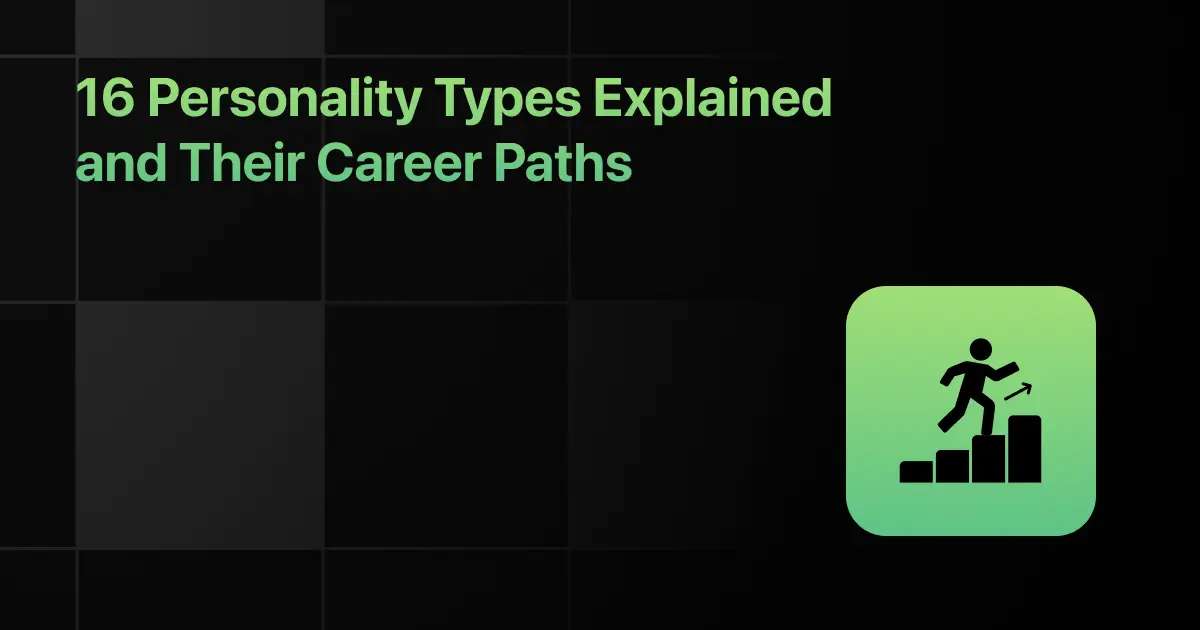

16 MBTI Personality Types Explained with Career Choices
Think about the people around you. You’ve probably noticed the planner in your group who always has a checklist. The idea …
Warning: Undefined variable $post_id in /var/www/wordpress/wp-content/themes/placementpreparation/template-parts/popup-zenlite.php on line 1050



